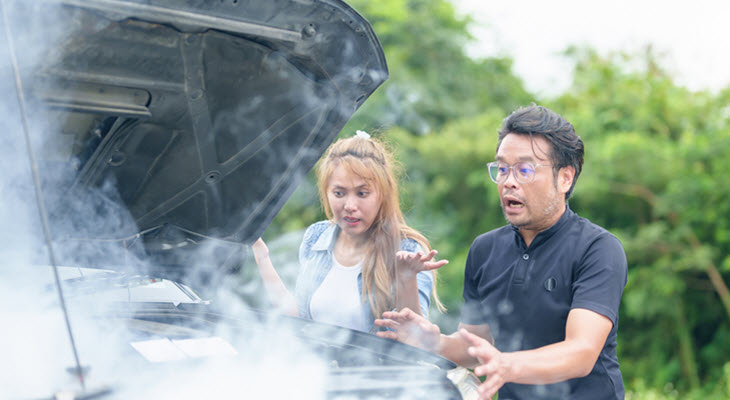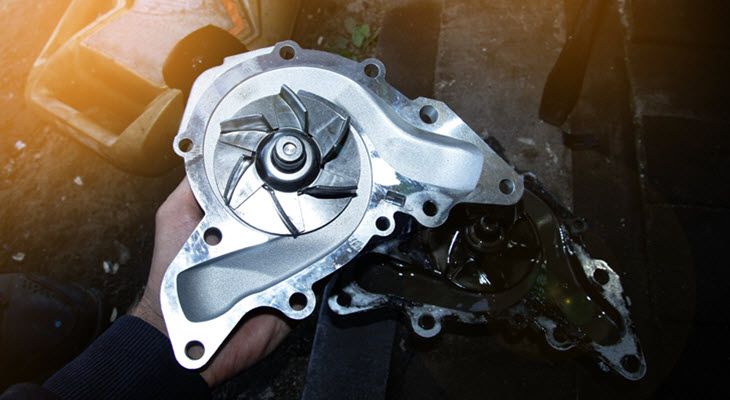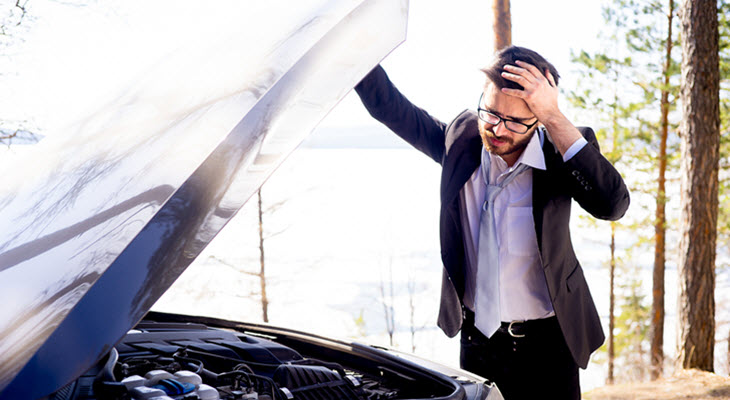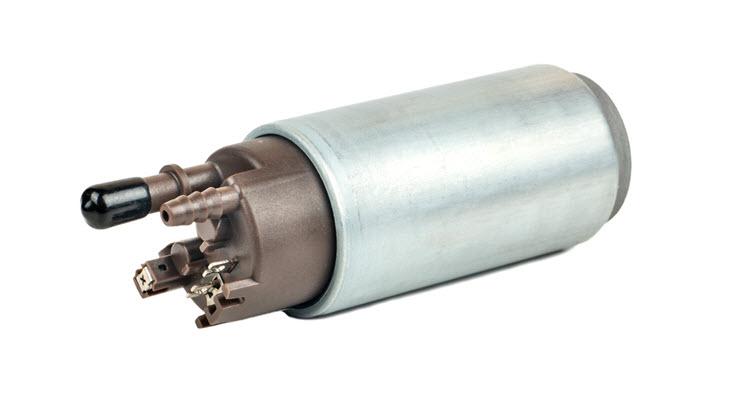An overheating engine is a serious issue that can significantly damage your Porsche if not promptly addressed. The engine of your Porsche model produces an immense amount of power by combusting fuel and air. This process generates a considerable amount of heat, which is managed by the cooling system. The cooling system includes several crucial components like the radiator, water pump, coolant, and thermostat, which work together to regulate the engine’s temperature, ensuring it stays within safe limits.
When your Porsche’s engine overheats, it means that the cooling system is unable to effectively dissipate the excess heat. This can be due to various reasons, such as a malfunctioning component, low coolant levels, a clogged radiator, or even external factors like driving in extreme weather conditions.
Protecting Your Investment: Top Remedies for Overheating Porsche Engines
- Check Coolant Levels: Make sure there is enough coolant (a special liquid that helps cool the engine) in your Porsche. If the coolant level is too low, the engine may not be able to cool down properly. You can add more coolant if you notice that the coolant level is below the recommended amount. However, be careful not to open the radiator cap when the engine is hot because the hot liquid can cause burns.
- Radiator Maintenance: The radiator is an important part of the cooling system that helps remove heat from the engine. It can sometimes get blocked by dirt, leaves, or bugs stuck in the radiator fins. To prevent this, you can regularly check the radiator for any obstructions. If you see any debris, you can use a soft brush or compressed air to gently clean the radiator and make sure the air can flow through it properly. This will help the engine stay cool.
- Adequate Airflow: Over time, radiator fans can become faulty. The shrouds are the protective covers around the fans, and these can get damaged. This can result in reduced airflow, leading to inefficient cooling of the engine and potential overheating. To maintain adequate airflow, it is important to regularly check the condition of the radiator fan(s) and the shrouds. If any fans are not functioning properly or if there are damaged shrouds, it is recommended to replace the faulty fans or repair the damaged shrouds. This will help facilitate effective cooling by ensuring that the engine receives the necessary airflow to keep temperatures in check.
- Flush and replace coolant: Coolants can become contaminated or lose their effectiveness over time. Consider flushing the cooling system and replacing the coolant according to the manufacturer’s recommendations.
- Water pump inspection: The water pump is responsible for circulating coolant throughout the engine. If it’s faulty or worn out, it can lead to inadequate coolant flow, resulting in overheating. Inspect the water pump for leaks, noise, or any signs of failure. If this fails, your engine will overheat within minutes.
- Seek professional assistance: If the overheating issue persists or you’re uncertain about performing the remedies yourself, it’s recommended to seek the expertise of a professional Porsche mechanic. They have extensive knowledge and experience working with Porsche engines and can accurately diagnose the underlying cause of the overheating issue by conducting thorough inspections, running diagnostic tests, and using specialized tools & equipment. Their expertise allows them to identify the specific component or system that is contributing to the overheating problem and provide the most appropriate solution.
Skillful Repairs by Our Mechanics to Resolve Overheating in Your Porsche Engine
At P3 Autokrafte, we understand the importance of keeping your Porsche running smoothly and preventing engine overheating. Our team of experienced professionals is dedicated to providing top-notch services to drivers in Centerville, OH, and beyond. Whether you need a thorough inspection of your coolant, water pump, or radiator or assistance with maintaining adequate airflow, we have you covered.
With our expertise in Porsche vehicles and our commitment to quality, you can trust us to address any overheating issues with precision and care. We take pride in offering comprehensive solutions to ensure your Porsche’s cooling system is in optimal condition, reducing the risk of engine overheating and potential damage. Contact us today to schedule an appointment and experience the difference in our exceptional services.
 7979 S Suburban Rd, Centerville, OH 45458
7979 S Suburban Rd, Centerville, OH 45458



